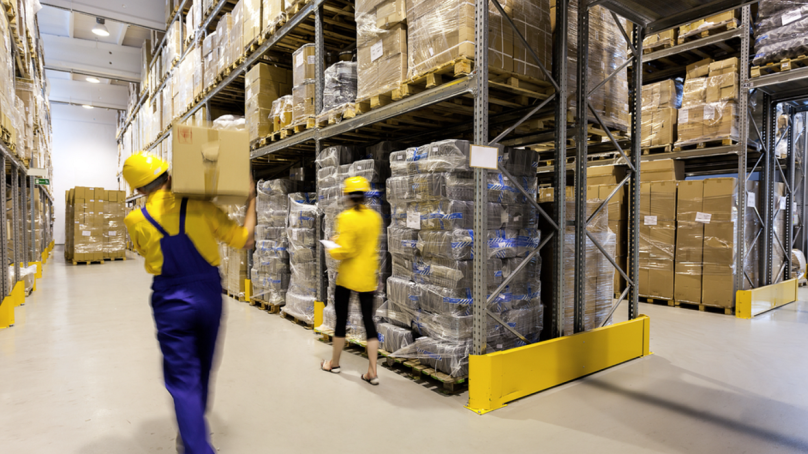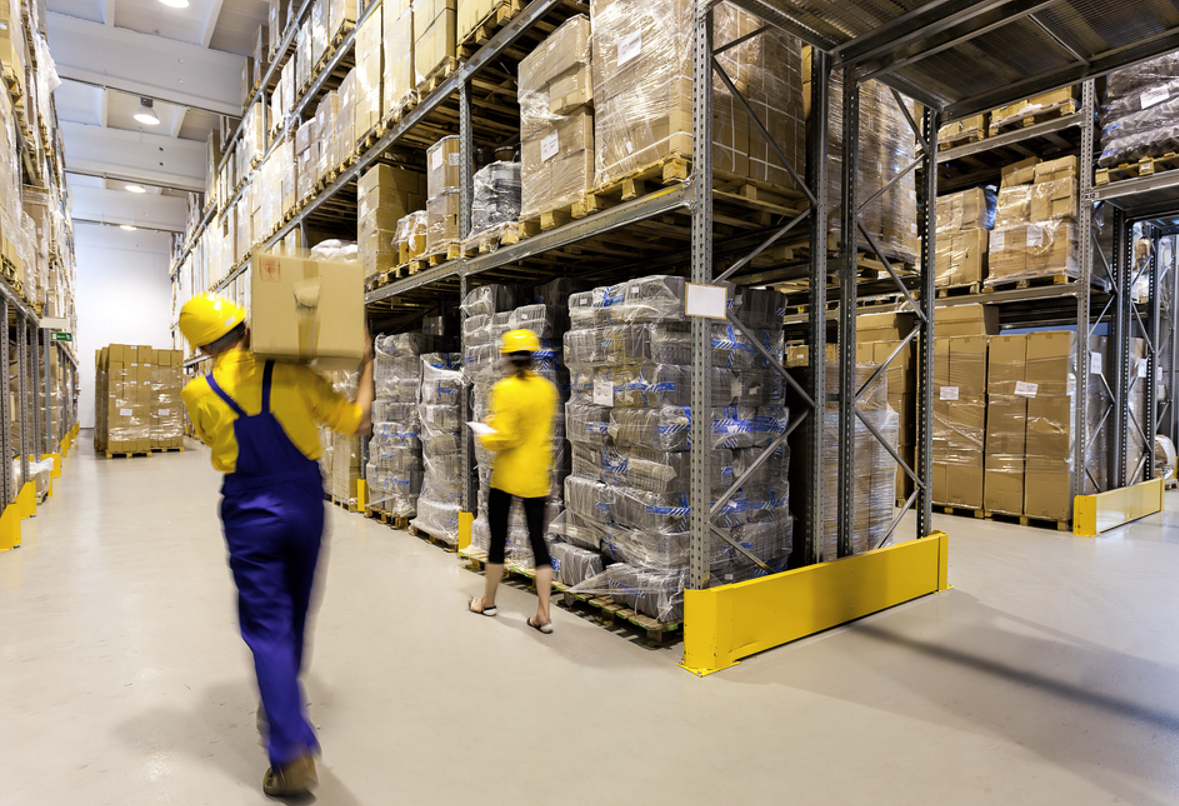

- Diversify export markets
This involves encouraging Lebanon to explore and expand beyond traditional markets by identifying emerging markets with growing demand for Lebanese products, fostering trade partnerships and implementing targeted marketing and promotional efforts to broaden the export base.
- Enhance product competitiveness
By improving product quality, design and competitiveness, Lebanese products can meet international standards and requirements. It is important to invest in research and development, as innovation and technology can ultimately enhance Lebanese products’ added value and competitiveness on the global stage.
- Develop export-oriented sectors
It is important to identify and support sectors in which Lebanon has a comparative advantage and that are conducive to export growth. These include agriculture, agri-food processing, textiles, clothing, jewelry and services, which possess export potential and can generate employment and income.
- Address trade barriers
Addressing trade barriers — like tariffs, non-tariff barriers and technical obstacles — can be achieved through diplomacy: negotiating favorable trade agreements, addressing regulatory and administrative challenges, and improving trade facilitation measures to streamline export processes.
- Strengthen export promotion institutions
Organizations and entities, such as the Lebanese Ministry of Economy and Trade, can provide exporters with crucial export-related information, market intelligence, promotional services and financial support.
- Build export capabilities
Enhancing the export capabilities of Lebanese businesses can be achieved through training, technical assistance and capacity-building programs. It is fundamental to improve their export readiness, encompassing areas such as export marketing, financing, logistics and compliance with international trade regulations.
- Branding and marketing
The goal is to establish a robust national brand for Lebanese products and services, implementing targeted marketing and promotional campaigns that showcase the unique cultural heritage, craftsmanship and quality of Lebanese products.
- Establish partnerships between the public and private sector
Export promotion can be driven by collaborative efforts between the public and private sectors. This entails fostering partnerships between government agencies, business associations and private enterprises to identify export barriers and collectively develop strategies to overcome them.
- Improve infrastructure and logistics
The efficiency and reliability of Lebanon’s transportation, logistics and supply-chain infrastructure requires investment. This ranges from port facilities to airports, roads and customs procedures to streamline the movement of goods, reducing trade costs and improving export competitiveness.
- Support SMEs
Recognizing the significant role of small and medium-sized enterprises (SMEs) in Lebanon’s economy is crucial. By providing targeted support, such as access to finance, export-oriented training and mentoring, SMEs can have a greater chance of entering and compete in international markets, contributing to overall export growth.
Promoting exports is a complex and multifaceted process that requires the united effort of various stakeholders, including the government, private sector and civil society. Implementing a comprehensive export promotion strategy that addresses market diversification, product competitiveness, trade facilitation and capacity building will enable Lebanon to unlock its export potential, fostering economic growth and development.

Sam A. Jaoude
International FMCG Consultant & Agent
MadenLebanon LLC
madenlebanon.com
















